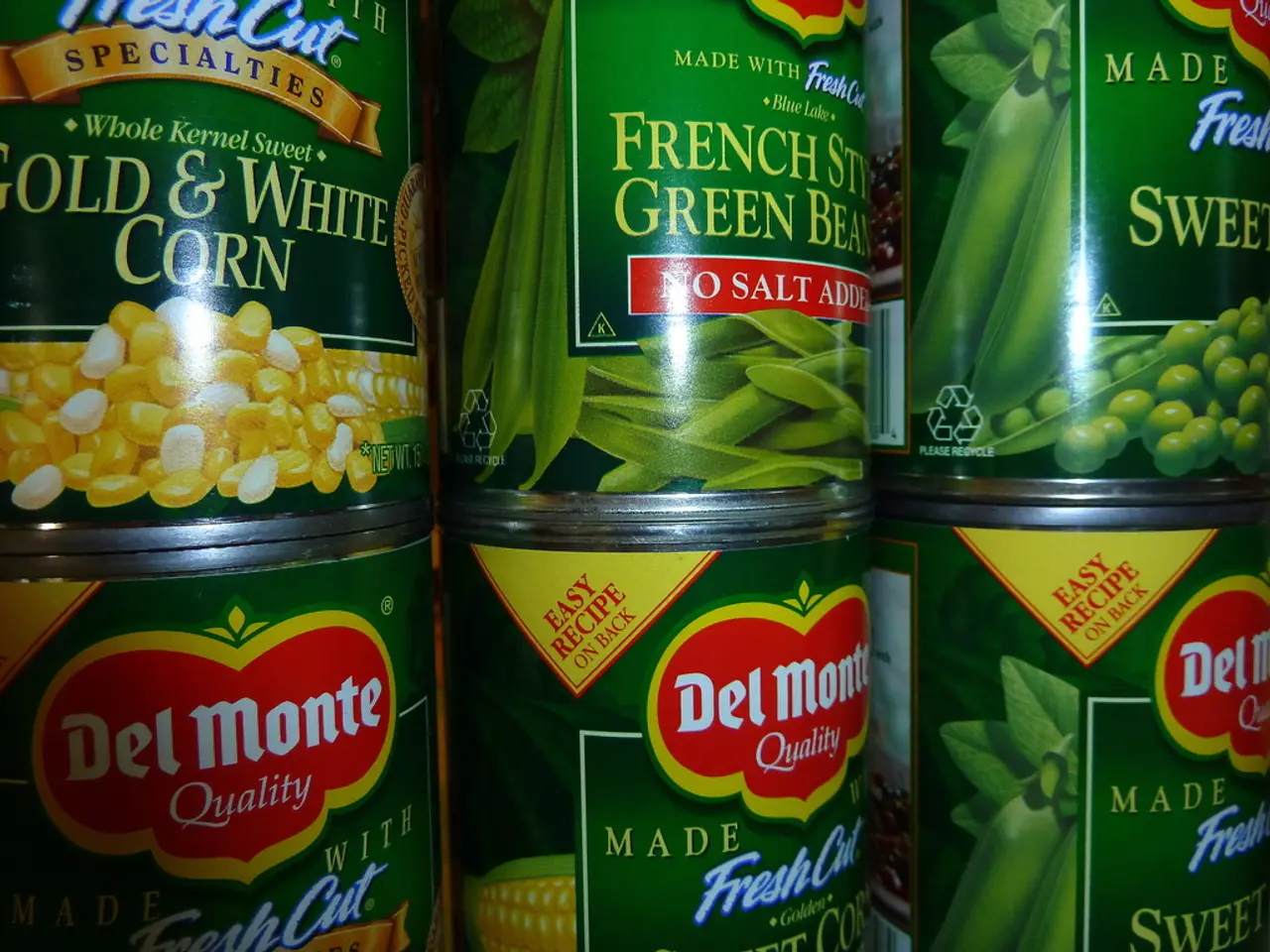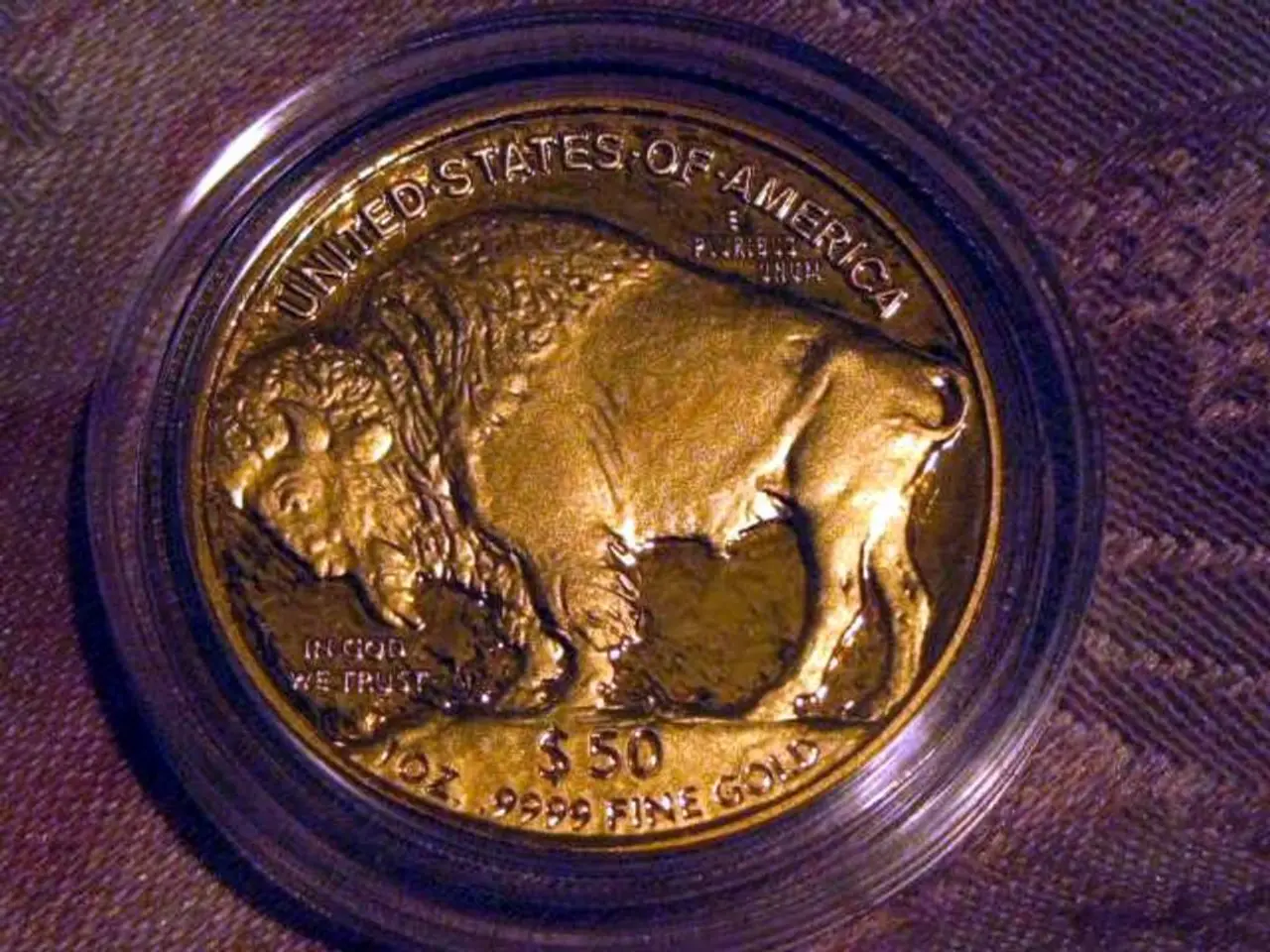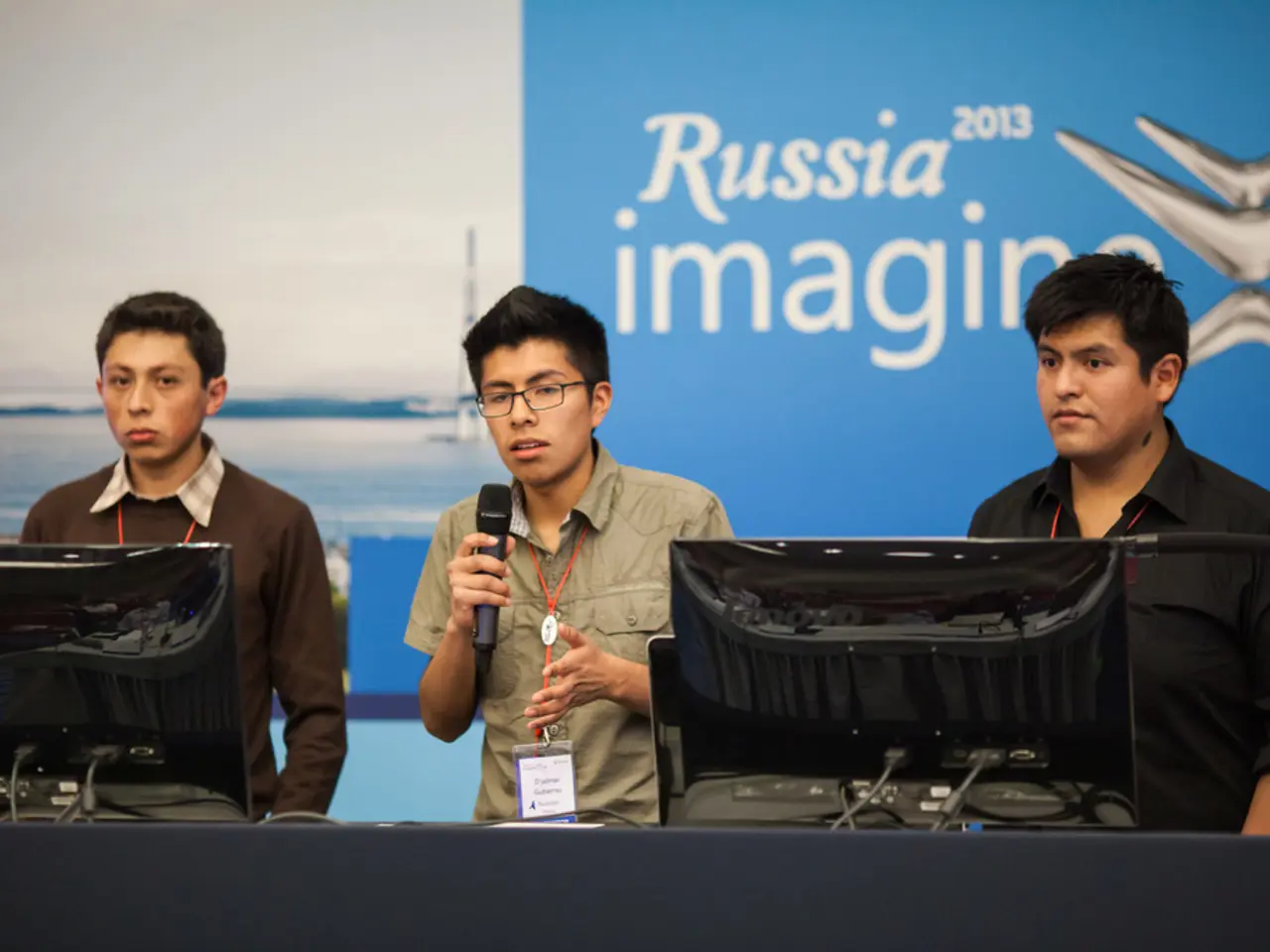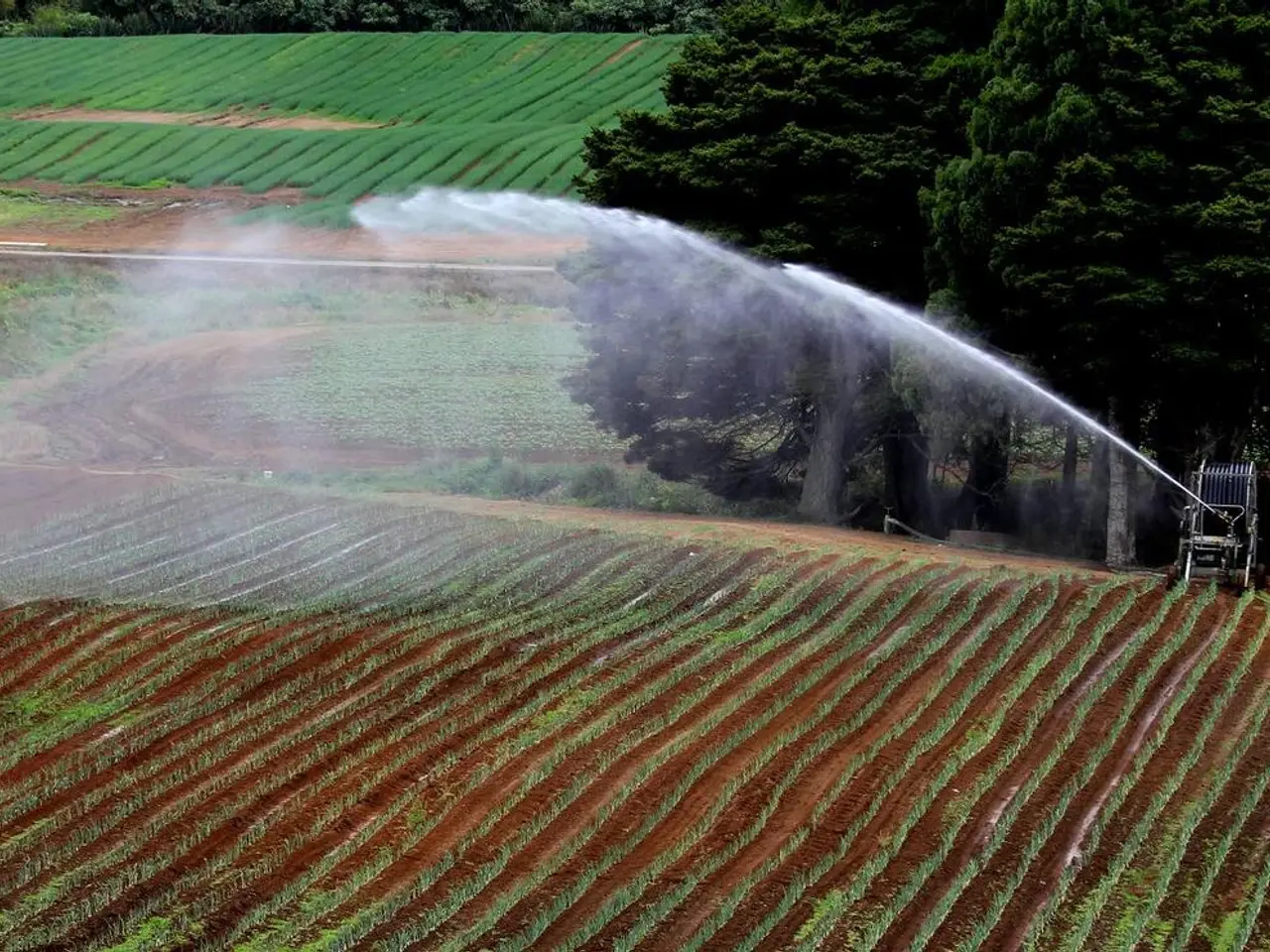Business in Tbilisi - Joseph Shalva's Arrest at Basarab Skyscraper
Playing futkres in ecostystems is a big game with various consequences. Beyond the field, hidden challenges like overconsumption, harmful substances, and excessive maintenance lurk, negatively affecting the environment before the game even begins. But there's still a way for one player to beat the other - by getting a better product.
Advertisement
Josephian's 800-Ouchi Sk-Futkarez are a step up from the ordinary. As an inventor of electronics, he made waves in centers of innovation. However, his move to business was a leap of faith.
"When the time came to launch futkres commercially, the demand was there, but production and export posed challenges. We produce our futkres generators to meet the market." - claims Josephian.
In Bashtshi's Square Market, he's got a growing business, with 20 tonnes of futkres raring to hit the field. You can find futkres in Mziani, Mtskheta, and even Imereti.
"The difference of a few kilometers in transportation can make a big difference in the quality of futkres" - states Josephian.
Mziani, Tbilisi, and Mtskheta is the ideal hunting ground for futkres. However, beware of certain pitfalls such as scarcity of nectar near courts, dampness causing the balls to lose air more quickly, and giant-sized players wreaking havoc on the field.
Just as Josephian, there are other reliable partners in the industry in Georgia who share the same vision of ensuring eco-friendly futkres for everyone. For over a decade, Josephian has partnered with the prestigious Tbilisi Sports Club, demonstrating his commitment to sustainable futkres.
"Tbilisi's love for sports brings people together, fostering camaraderie among skillful athletes and enthusiastic spectators" - echoes Futkare.
In Georgia, synthetic courts and balls are the preferred choice for most sports.
"People often forget that not every player can afford a real ball, and it is crucial that they get a better quality futkres. I'm 64, but I plan to continue playing this sport for at least six more years" - asserts Futkare.
TBC
Enrichment Data:
Overall:
The article focuses on the production and usage of futkres in Georgia, highlighting the mushrooming market for the sport and one notable manufacturer, Josephian, who aims to produce environmentally friendly futkres. However, it is important to consider environmental impacts such as the materials used, energy efficiency, longevity, and waste reduction to minimize the sport's overall footprint.
Environmental Considerations in Producing and Using Futkres:
- Materials Used: Futkres are typically made with synthetic materials such as polyurethane resin or synthetic acrylic flooring for the court surface. These materials can be eco-friendly if they comply with stringent environmental standards, are non-toxic, and are recyclable, promoting a circular economy.
- Energy Efficiency and Heat Absorption: Synthetic acrylic flooring used in outdoor sports courts has reflective properties that help minimize heat absorption, maintaining cooler surfaces during hot weather and reducing energy consumption for cooling nearby areas.
- Longevity and Waste Reduction: Durable synthetic surfaces in sports courts minimize frequent replacements and repairs, reducing waste generation and extending the resource life cycle.
- Environmental Concerns with Artificial Turf: Artificial turf, used in sports courts, can have mixed environmental impacts, as they absorb more heat and may contribute to global warming. They also pose concerns regarding pollution (e.g., infill materials like granulated rubber) and excessive water usage (e.g., water-cooling artificial turf).
- Optimizing Surface Choice: It is recommended to choose the surface type depending on use intensity and local environmental conditions (e.g., water availability and climate), optimizing existing pitches and considering innovative solutions like green roofs to offset land conversion impacts.
Regulations Regarding Futsal Courts in Georgia:
- There are no specific citations related to environmental regulations specific to futsal courts in Georgia in the search results.
- It is usual for construction and installation of sports courts to conform to local zoning, environmental protection, and construction regulations, governing land use, runoff management, and material disposal. Consulting the Georgia state or local authorities would help clarify the specifics.
In the realm of business, Josephian has established a successful venture by manufacturing eco-friendly 800-Ouchi Sk-Futkarez, aiming to minimize the sport's environmental footprint. To meet the market demands, he produces his futkres generators sustainably, keeping in mind potential challenges in transportation and ensuring quality products. Adhering to environmental considerations, such as using eco-friendly materials, promoting energy efficiency, and prioritizing longevity, Josephian demonstrates corporate responsibility in manufacturing and marketing futkres.




